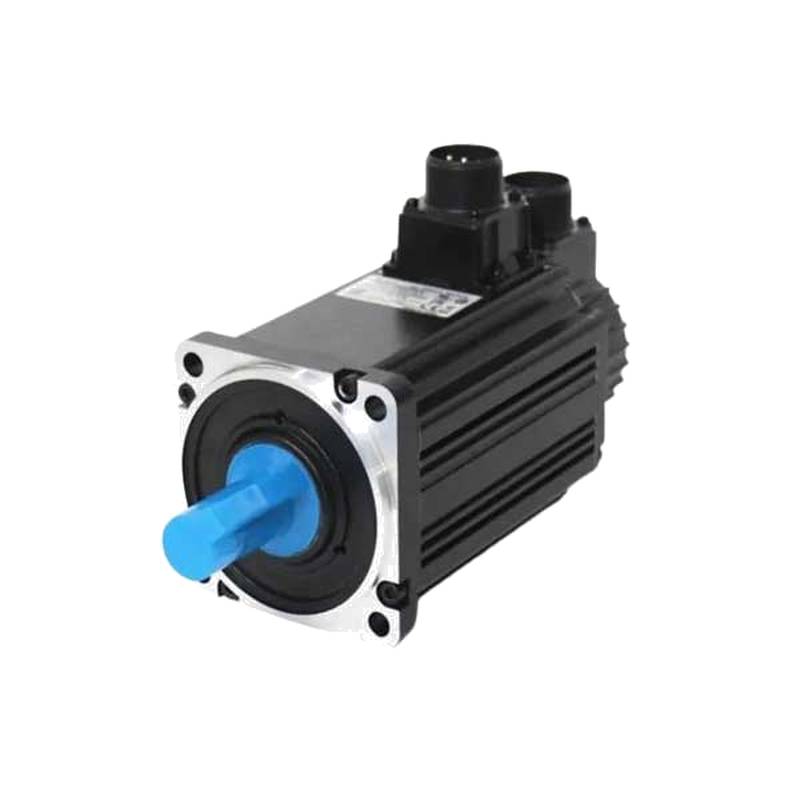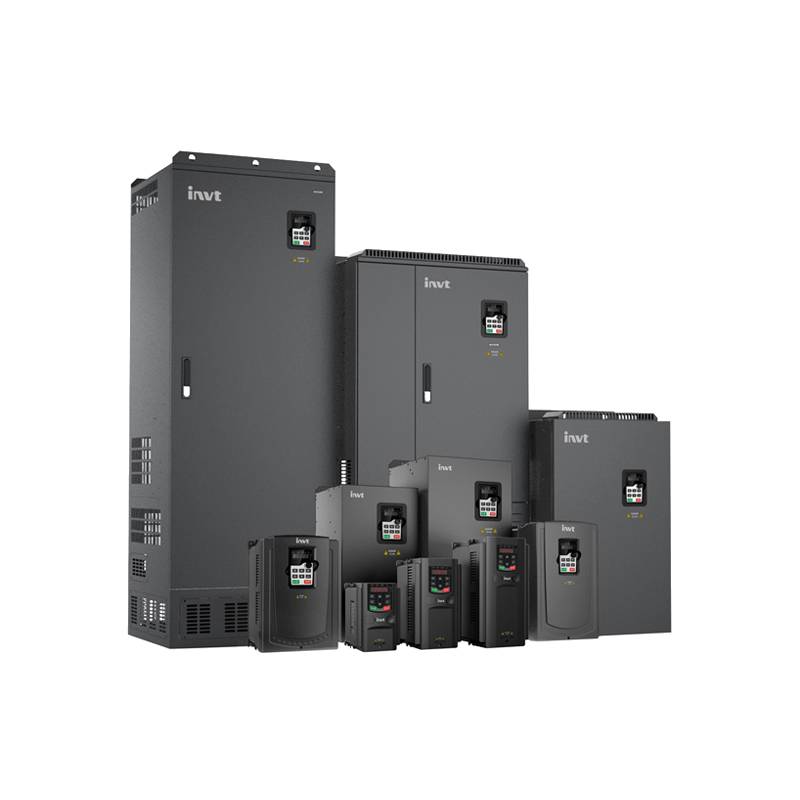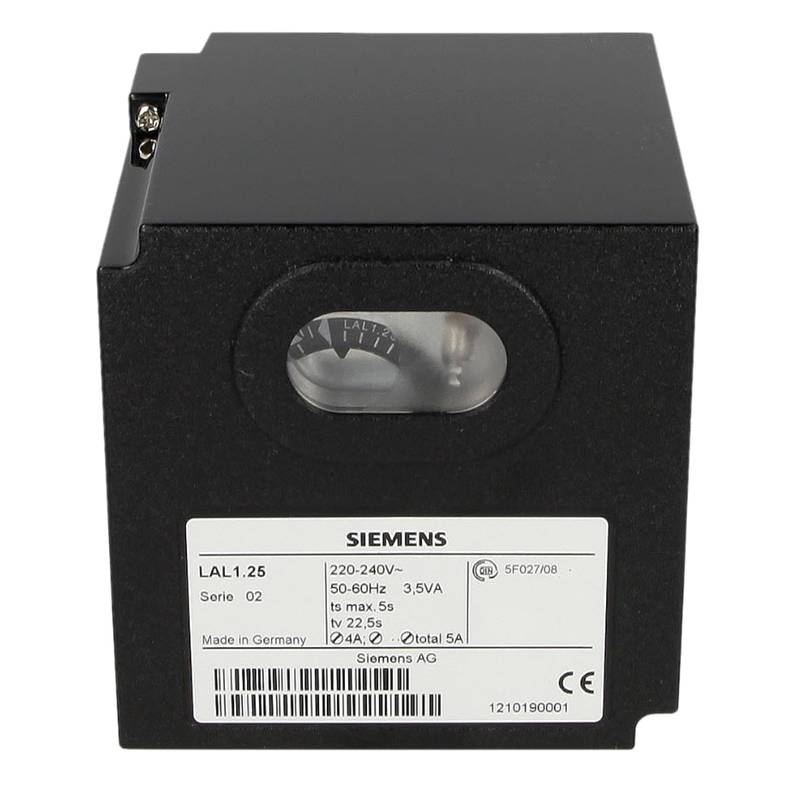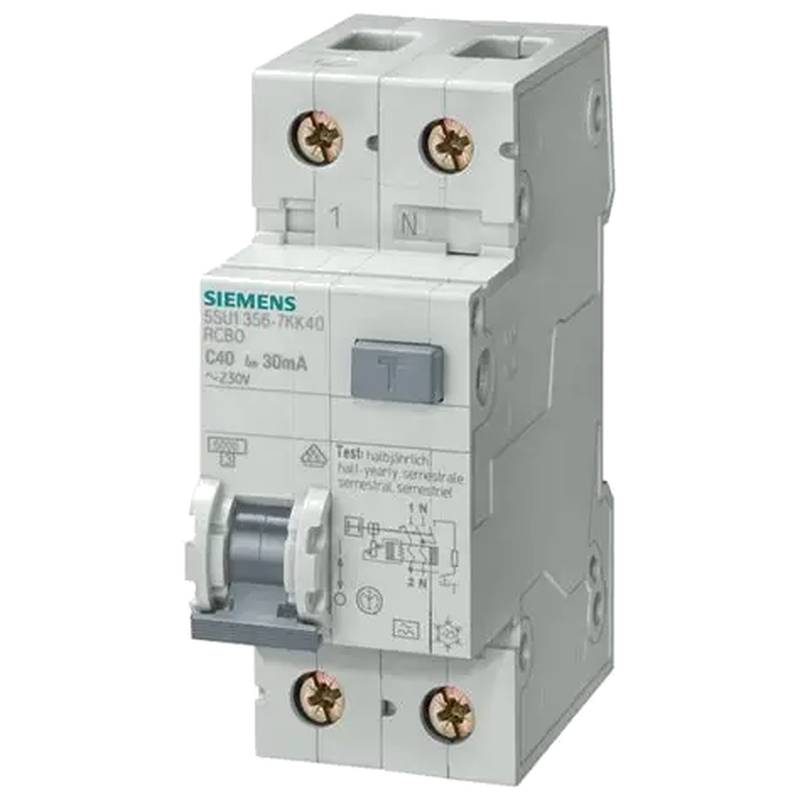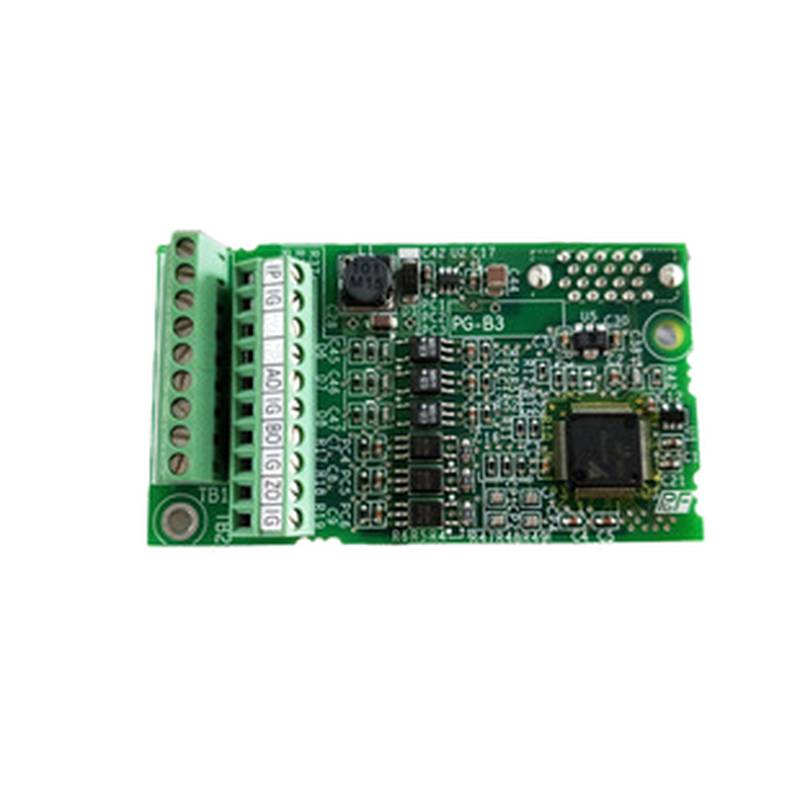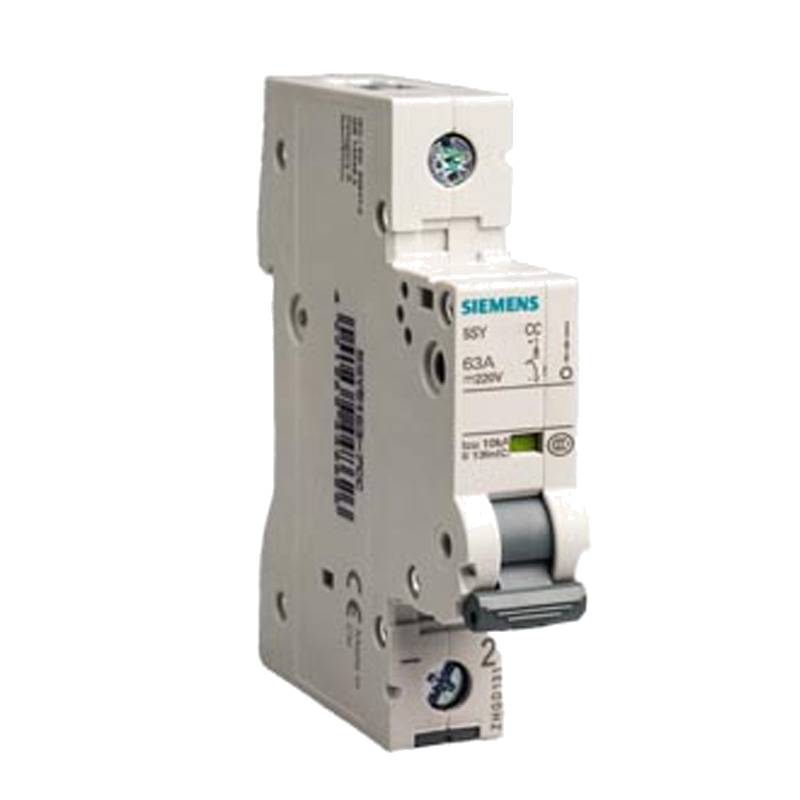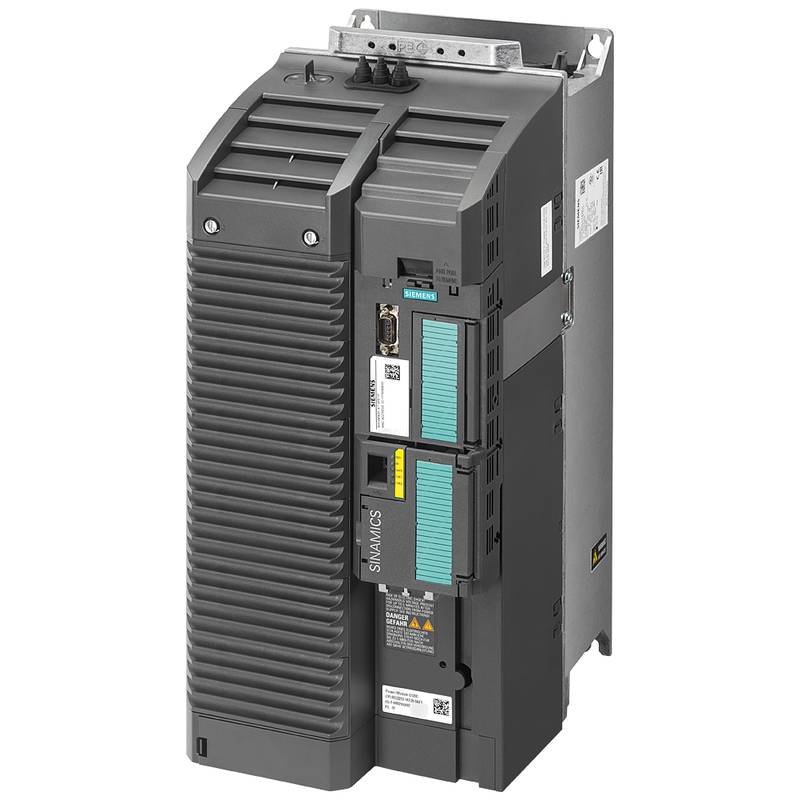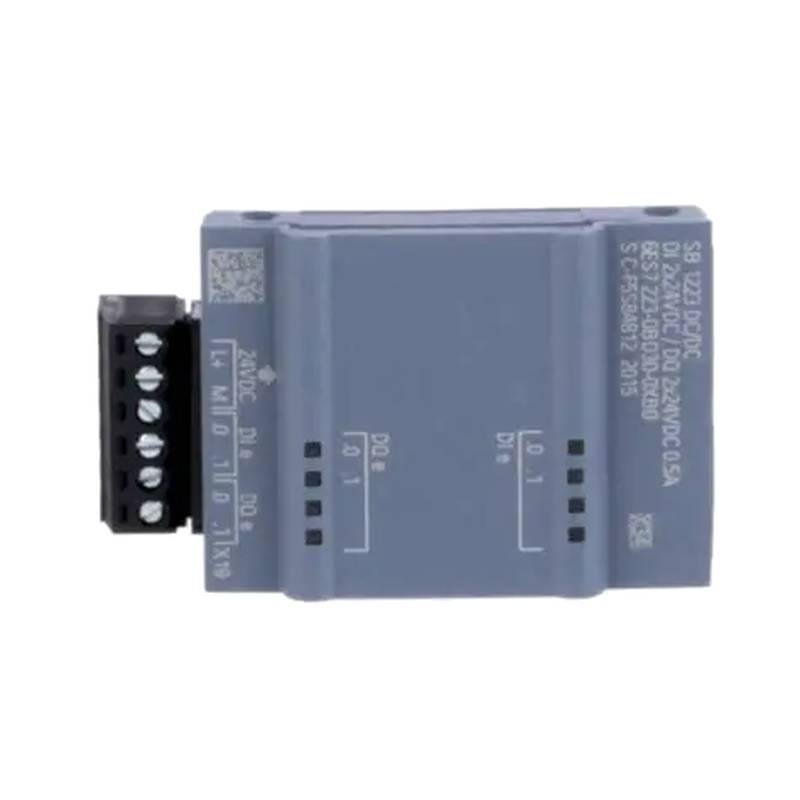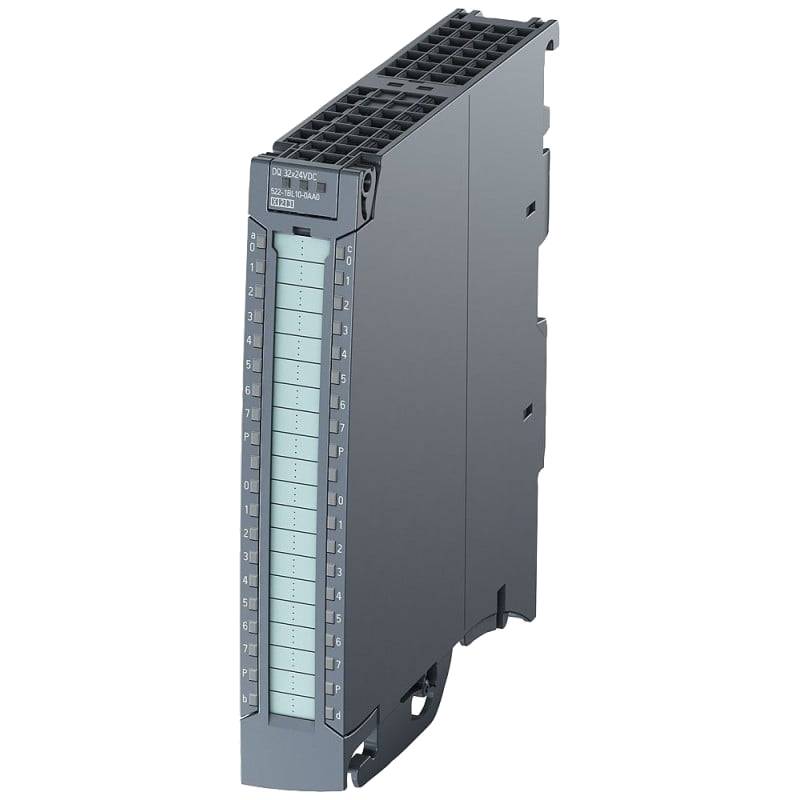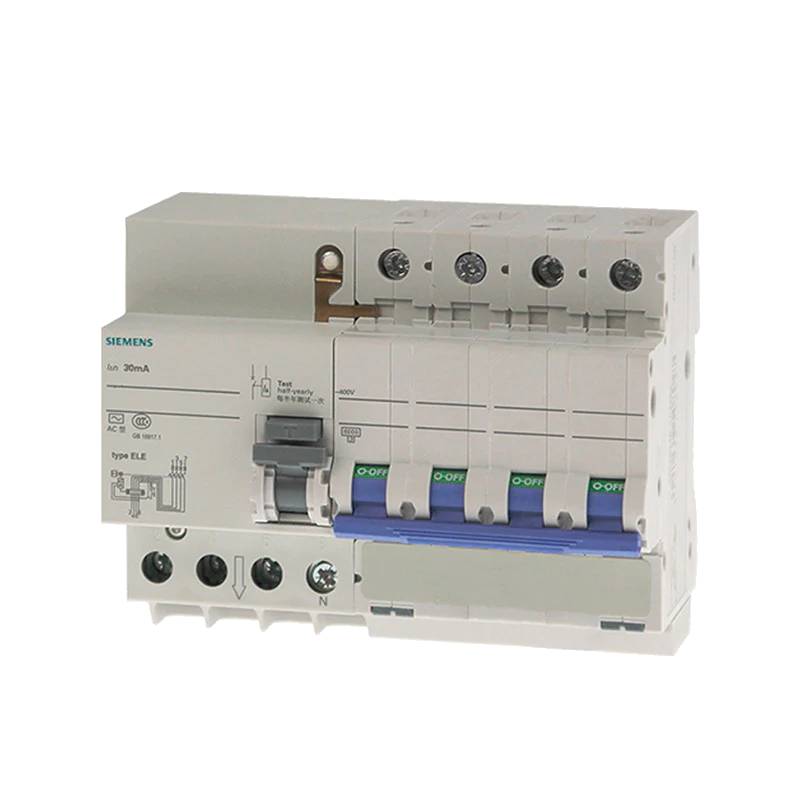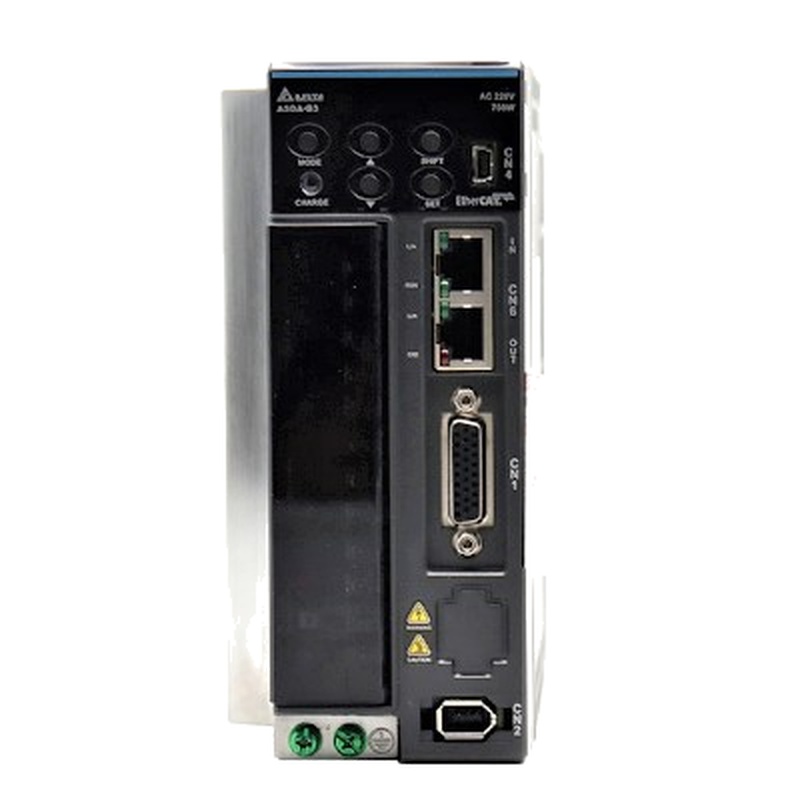
The Delta ECM-B3M-K21310RS1 low inertia servo motor is a high-performance component engineered for precision motion control in demanding industrial applications. This motor, part of Delta's ASDA-B3 series, offers rapid response and accurate positioning, making it ideal for machine automation and robotics. Key technical specifications include a 1kW power output and a rated torque of 4.77 N-m. The ECM-B3M-K21310RS1 features a medium inertia design, contributing to its dynamic performance. It is compatible with the ASDA-B3 servo drive, which provides advanced control capabilities and a high response bandwidth of up to 3.1 kHz. This synergy ensures optimal performance in applications requiring swift accelerations and decelerations.
Product Specifications
| Parameter | Specification |
| :-------------------- | :--------------------------------------------- |
| Motor Model | ECM-B3M-K21310RS1 |
| Series | ASDA-B3 Series |
| Power Output | 1 kW |
| Rated Torque | 4.77 N-m |
| Motor Type | Medium Inertia Servo Motor |
| Voltage | 110V (Motor Input) |
| Encoder Resolution | 24-bit incremental |
| Shaft Diameter | 22mm |
| Flange Diameter | 110mm |
| Brake | Without Brake |
| Speed | 2000 RPM (Rated), 3000 RPM (Max) |
Core Features & Market Positioning
The Delta ECM-B3M-K21310RS1 distinguishes itself through its integration with Delta's robust ASDA-B3 servo drive system. This series is designed to enhance machining efficiency with optimized performance, stable operation, and versatility across various applications. The motor's medium inertia characteristic, combined with the drive's high response bandwidth (3.1 kHz), enables precise control and rapid motion profiles, positioning it as a competitive choice for high-speed automation and complex trajectory tasks. Delta's servo systems are recognized for their precision, performance, and reliability, making them integral components in CNC machines, robotics, and advanced manufacturing processes. The ECM-B3M series, in particular, offers options for different inertia levels and encoder types, allowing for tailored solutions.
Key Application Scenarios
The Delta ECM-B3M-K21310RS1 servo motor is exceptionally well-suited for applications demanding high precision, rapid response, and smooth operation. These include:
CNC Machinery: Providing accurate positioning and speed control for milling, turning, and grinding operations, enhancing surface finish and machining accuracy. Robotics: Enabling precise and dynamic movements for industrial robots used in assembly, pick-and-place, and welding applications. Automated Manufacturing: Driving automated guided vehicles (AGVs), conveyor systems, and packaging machinery where consistent and reliable motion is critical. Precision Assembly: Facilitating intricate and repeatable movements required in electronics manufacturing and other high-tolerance assembly processes. Material Handling Systems: Ensuring efficient and controlled movement of goods in warehouses and logistics operations.
The motor's capabilities also extend to advanced applications leveraging predictive maintenance, where acoustic data can be streamed for real-time monitoring and anomaly detection, contributing to Industry 5.0 initiatives.
Practical System Integration Guidance
Integrating the Delta ECM-B3M-K21310RS1 servo motor typically involves pairing it with a compatible Delta ASDA-B3 servo drive. The wiring process requires careful attention to power supply, motor phase (U, V, W), and encoder feedback connections to ensure accurate position control.
Motor and Drive Connection: Connect the three-phase motor cables (U, V, W) from the ECM-B3M-K21310RS1 to the corresponding terminals on the ASDA-B3 servo drive. Ensure the encoder feedback signals are correctly wired from the motor to the drive. Power Supply: Connect the appropriate AC power input to the servo drive, ensuring voltage compatibility as specified in the manual. Proper grounding is essential to mitigate electrical noise. Control Signals: Interface control signals (e.g., direction, speed, enable) from a PLC or external controller to the servo drive's input terminals. Common inputs include Pulse+, Pulse-, Direction+, and Enable. Commissioning: Utilize the servo drive's jog test mode for initial setup and verification. Parameters such as electronic gear ratio and speed commands can be configured via the drive's interface or software tools like DIAStudio. For instance, speed commands can be set using register values (e.g., P10009) for precise control.
Operation and Risk Mitigation
Safe and efficient operation of the Delta ECM-B3M-K21310RS1 servo motor relies on adherence to operational guidelines and proactive risk mitigation.
Safety Protocols: Always follow established industrial safety standards during installation, operation, and maintenance. Ensure emergency stop circuits are correctly wired and functional. Alarm Codes: Familiarize yourself with common Delta servo drive alarm codes. For example, alarm AL011 can indicate issues with servo stability or limit switches. The ASDA-B2 drive also has specific alarm codes that require troubleshooting. Referencing the specific drive manual is crucial for detailed alarm resolution. Environmental Considerations: Operate the motor within its specified temperature and humidity ranges to prevent premature failure. Ensure adequate ventilation for the servo drive to prevent overheating. Troubleshooting: Routine diagnostics, such as jog testing, can help identify mechanical or electrical issues early. For persistent problems, professional servicing for Delta servo amplifiers may be required.
Scalability & Long-Term Value
The Delta ECM-B3M-K21310RS1 servo motor offers significant long-term value through its integration within Delta's broader automation ecosystem. The ASDA-B3 series servo drives are compatible with previous generations like ASDA-A2 and ASDA-A3, providing a degree of backward compatibility for system upgrades. Furthermore, Delta's commitment to Industry 5.0 is evident in their support for advanced monitoring and predictive maintenance solutions, which can leverage acoustic data for intelligent system management. This forward-looking approach ensures that Delta servo systems remain a valuable investment for evolving industrial needs, offering pathways for integration with IIoT platforms and smart manufacturing initiatives.
---
Frequently Asked Questions (FAQs)
Q1: What are the primary advantages of the Delta ECM-B3M-K21310RS1 servo motor?
The ECM-B3M-K21310RS1 offers a high torque-to-inertia ratio for dynamic performance. Its medium inertia design balances rapid acceleration with stable operation, ideal for precision tasks. It integrates seamlessly with the advanced ASDA-B3 servo drives.
This motor is engineered for demanding industrial automation, providing reliable and accurate motion control. Its compatibility with Delta's ecosystem ensures robust system integration and long-term support.
The key benefits include enhanced machining efficiency, stable operation, and suitability for diverse applications requiring precise speed and position control.
Q2: Which servo drive is recommended for the Delta ECM-B3M-K21310RS1?
The Delta ASDA-B3 servo drive series is the recommended partner for the ECM-B3M-K21310RS1. This series provides a high response bandwidth of up to 3.1 kHz.
The ASDA-B3 drives offer sophisticated control algorithms and features like auto-tuning. They are designed to fully exploit the dynamic capabilities of the ECM-B3M series motors.
Pairing the motor with the ASDA-B3 drive ensures optimal performance, precision, and reliability for complex automation tasks.
Q3: What are the typical applications for the ECM-B3M-K21310RS1?
This servo motor is ideal for high-precision applications such as CNC machinery and robotics. It excels in tasks requiring rapid acceleration and deceleration.
Its capabilities are suited for automated manufacturing, including pick-and-place operations, packaging machinery, and assembly lines. It ensures consistent and repeatable motion.
Common use cases also include material handling systems and other industrial automation where precise motion control is critical for efficiency and quality.
Q4: How do I perform initial setup or commissioning for this servo motor?
Initial setup involves connecting the motor to a compatible ASDA-B3 servo drive. Proper wiring of power, motor phases (U, V, W), and encoder feedback is crucial.
After physical connections, use the servo drive's jog test mode for initial motor rotation and parameter verification. Configure parameters like electronic gear ratio and speed limits.
Refer to the ASDA-B3 drive manual for detailed steps on parameter settings, auto-tuning, and command input configuration (e.g., pulse train or analog).
Q5: What are common troubleshooting steps for Delta servo alarms?
First, identify the specific alarm code displayed on the servo drive. Consult the ASDA-B3 drive manual for the meaning of the code and suggested corrective actions.
Common issues include wiring errors, overcurrent, over-voltage, or encoder feedback faults. Ensure all connections are secure and correctly made. Check for mechanical binding.
For persistent alarms, such as AL011, professional diagnostic services or repair from authorized centers may be necessary to ensure safe and effective resolution.
Q6: Can the ECM-B3M-K21310RS1 be used with older Delta servo drive series?
While the ASDA-B3 series is the primary recommendation, the ECM-B3M series motors are generally designed to be compatible with the ASDA-B3 servo drive platform. Compatibility with older series like ASDA-A2 or ASDA-A3 might be limited or require specific drive models.
Delta's servo systems often offer some level of backward compatibility within their product lines. Always verify the specific drive model's compatibility with the ECM-B3M motor series.
Consult Delta's product documentation or contact their technical support to confirm precise compatibility if using with non-ASDA-B3 drives.
Q7: What is the significance of "medium inertia" for this servo motor?
"Medium inertia" indicates a balance between the motor's resistance to changes in rotational speed and its ability to accelerate quickly. It's a compromise between low inertia motors (faster acceleration but potentially less torque) and high inertia motors (more torque, slower acceleration).
This characteristic makes the ECM-B3M-K21310RS1 versatile for applications that require both rapid movements and steady, controlled operation. It's suitable for many common industrial automation tasks.
For applications demanding extremely fast response, low inertia might be preferred. For high-force, slower applications, high inertia could be more suitable. Medium inertia offers a broad operational range.
Q8: How does the 24-bit encoder resolution benefit the system?
A 24-bit encoder provides a very high resolution for position feedback. This translates to extremely precise positional accuracy and smoother motor control.
High resolution allows the servo system to detect and correct minute deviations, leading to improved repeatability and reduced tracking errors in complex motion profiles.
This level of detail in feedback is essential for applications like precision grinding, laser cutting, or intricate robotic manipulation where micro-level accuracy is paramount.
Q9: What are the power and voltage specifications relevant to the ECM-B3M-K21310RS1?
The motor itself has a 1 kW power output. The compatible ASDA-B3 servo drive typically operates on a 200-230V AC input, often supporting both single-phase and three-phase power.
While the motor's input voltage is listed as 110V, the actual power delivery and control are managed by the servo drive, which handles the main power supply connection.
Always ensure the servo drive's power supply specifications match your facility's electrical infrastructure for safe and efficient operation.
Q10: Does this servo motor include a brake?
The Delta ECM-B3M-K21310RS1 servo motor, as specified by the model number and commonly listed, does not include an electromagnetic brake. This is indicated by the "without brake" designation in its specifications.
Motors without brakes are suitable for applications where external holding mechanisms are used or where the motor will not be subjected to gravitational loads when power is off. The absence of a brake can sometimes reduce the overall length and cost of the motor.
If a holding brake is required for an application (e.g., vertical axis loads), a different model with a brake option should be selected, or an external braking system should be incorporated.














